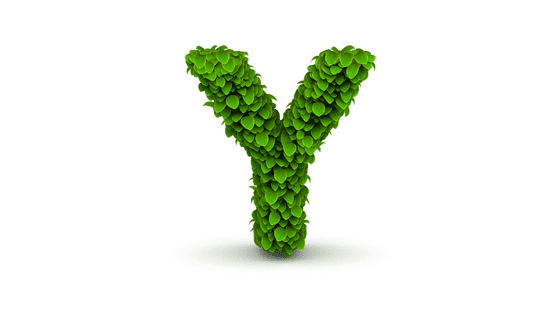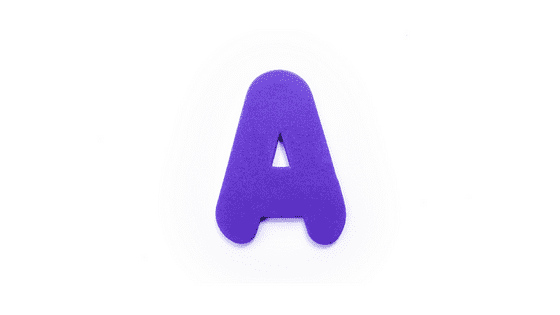48+ Words Without Vowels – With Definitions
A fun list of English words, with no vowels in them.
When we think of English words, vowels often come to mind as the essential building blocks.
A, E, I, O, U — are the anchors in the sea of consonants.
But what if I told you that there are actually many words that dance around this, elegantly evading any vowels at all?
These unique words challenge our understanding of language composition and serve as linguistic gems.
Hint: they often include the letter ‘Y’ , which we discuss below.
List of English Words Without Vowels
- Blyp – a brief electronic sound.
- Brr – what one says when chilly.
- By – next to or beside.
- Byrl – to spill a drink, especially beer.
- Cry – to shed tears.
- Crwth – an ancient Celtic stringed instrument.
- Crypt – an underground room or vault beneath a church.
- Cwm – a steep-walled hollow on a mountainside.
- Cyst – a sac-like pocket of tissue that contains fluid or other materials.
- Dry – free from moisture or liquid.
- Fly – a small winged insect.
- Fry – to cook in hot fat or oil.
- Fyrd – a member of the local militia in Anglo-Saxon England.
- Glycyl – pertaining to glycine, an amino acid.
- Glycyls – plural form of glycyl.
- Gyp – to cheat or swindle.
- Gymp – a thin strip of material used in sewing.
- Gypsy – a member of a traveling people.
- Hymn – a religious song or poem.
- Hymns – plural form of hymn.
- Lymph – a colorless fluid containing white blood cells.
- Lyric – a set of words to a song.
- Lynx – a wild cat with tufted ears.
- Myrrh – a fragrant gum resin.
- Myth – a traditional story.
- Myths – plural form of myth.
- Nth – denoting an unspecified member of a series.
- Nymph – a mythological spirit of nature.
- Ply – a thickness or layer.
- Pry – to move or force open.
- Psst – used to attract attention quietly.
- Pygmy – a member of certain peoples of short stature.
- Rhythms – a repeated pattern of sound.
- Rhythm – a patterned repetition of a sound.
- Shy – lacking confidence.
- Sly – deceitfully cunning.
- Sty – where pigs live; a dirty place.
- Sylph – a spirit of the air.
- Sync – short for synchronization.
- Syph – informal term for syphilis.
- Syzygy – the alignment of three celestial bodies.
- Thy – possessive form of ‘thou’.
- Tryst – a romantic rendezvous.
- Try – to make an effort.
- Trypsin – an enzyme that breaks down proteins.
- Tsk – expression of disapproval.
- Why – for what reason.
- Wry – twisted into an expression of annoyance.
What is the longest English word without vowels?
The word ‘rhythms’ is often cited as the longest English word without the traditional vowels (a, e, i, o, u).
It has seven letters.
However, if you’re looking into more technical, obscure and specialized terms, you’ll find longer words, but ‘rhythms’ is the most commonly recognized word and is used in everyday language.
The use of ‘Y’ instead of a vowel
In the English language, the letter ‘Y’ has a dual role. It can function as both a consonant and a vowel. This versatility is rooted in the history of English and the various languages that have influenced it over time.
- ‘Y’ as a Consonant: When ‘Y’ is used at the beginning of a word or syllable, it generally has a consonantal sound, similar to the ‘y’ in ‘yellow’ or ‘yes.’
- ‘Y’ as a Vowel: The letter ‘Y’ can replace traditional vowels (a, e, i, o, u) to indicate the vowel sound in a word. This often happens in:
- Monosyllabic words: such as ‘my,’ ‘by,’ or ‘cry.’ Here, ‘Y’ provides the only vowel sound.
- The end of multi-syllabic words: where ‘Y’ takes the place of the long “e” sound, as in ‘happy,’ ‘silly,’ or ‘cherry.’
- Words where ‘Y’ represents other vowel sounds: such as the long ‘i’ sound in ‘type’ or ‘hype.’
As English evolved and was influenced by other languages, including Latin and French, the roles of ‘Y’ expanded to include its consonantal uses.
While ‘Y’ is often categorized as a consonant in the English alphabet, its usage in many words requires it to function as a vowel, making it a versatile and unique letter in the language.
You may also like:
- Crazy Words With Cool Meanings
- Silly Words For A Bit of Fun (With Definitions)
- List Of Fancy Words For Some Pizzazz (With Their Meanings)





